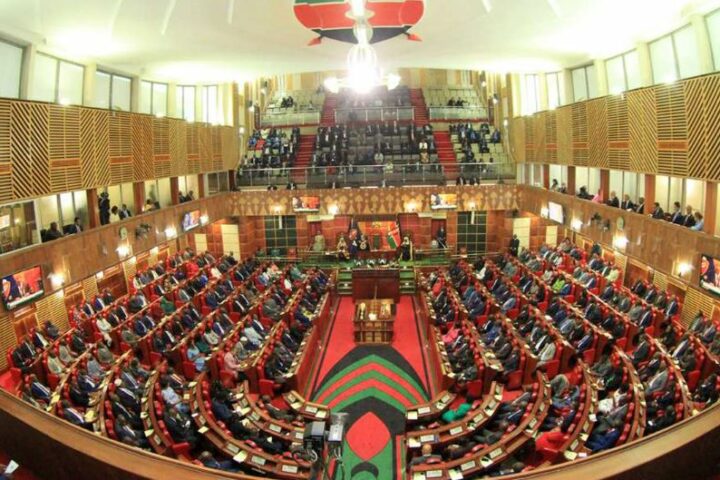 The Ministry of Agriculture has announced plans to implement a digital identification (ID) system for livestock to enhance record-keeping and traceability.
The Ministry of Agriculture has announced plans to implement a digital identification (ID) system for livestock to enhance record-keeping and traceability.
During the official opening of the third edition of the Kenya Meat Expo at the KICC in Nairobi, Livestock Development Principal Secretary Jonathan Mueke explained that this initiative will enable the identification of livestock and improve husbandry practices.
Under the new system, livestock farmers will receive digital IDs for their animals, which they will use to monitor feeding and implement disease control measures such as deworming, tick control, and vaccinations.
Additionally, the ID will allow farmers to present a certificate when taking their animals to slaughterhouses, ensuring they receive fair prices.
The PS also mentioned that a tender had already been issued for the supply of the IDs.
“Livestock farmers will receive a digital ID for their animals, allowing them to provide a certificate of their livestock rearing practices when delivering animals to the slaughterhouse, ensuring fair pricing,” he stated.
PS Mueke highlighted that the IDs will play a crucial role in reducing cattle rustling through enhanced traceability.
He also emphasized that global adoption of traceability in the food chain means Kenya risks being excluded from exports if the system is not implemented.
“Global traceability is critical for food products, and countries will not import your goods if their origin cannot be traced back to the farm,” he emphasized.
The livestock sector, which contributes 12 percent to the GDP and supports approximately 50 percent of employment in agriculture, benefits 10 million Kenyans.
The initiative follows multiple alerts from the National Environment Management Authority (NEMA) regarding the safety of Nairobi slaughterhouses and incidents of consuming unsafe meat.
On March 8, NEMA ordered the closure of Kiamaiko slaughterhouses due to concerns about improper handling of blood and offal. Moreover, the butchers were found to be in violation of water quality regulations governing wastewater discharge.
In a separate incident on May 18, police in Kirinyaga County apprehended suspected donkey thieves who admitted to slaughtering stolen donkeys and selling the meat in Nairobi.








